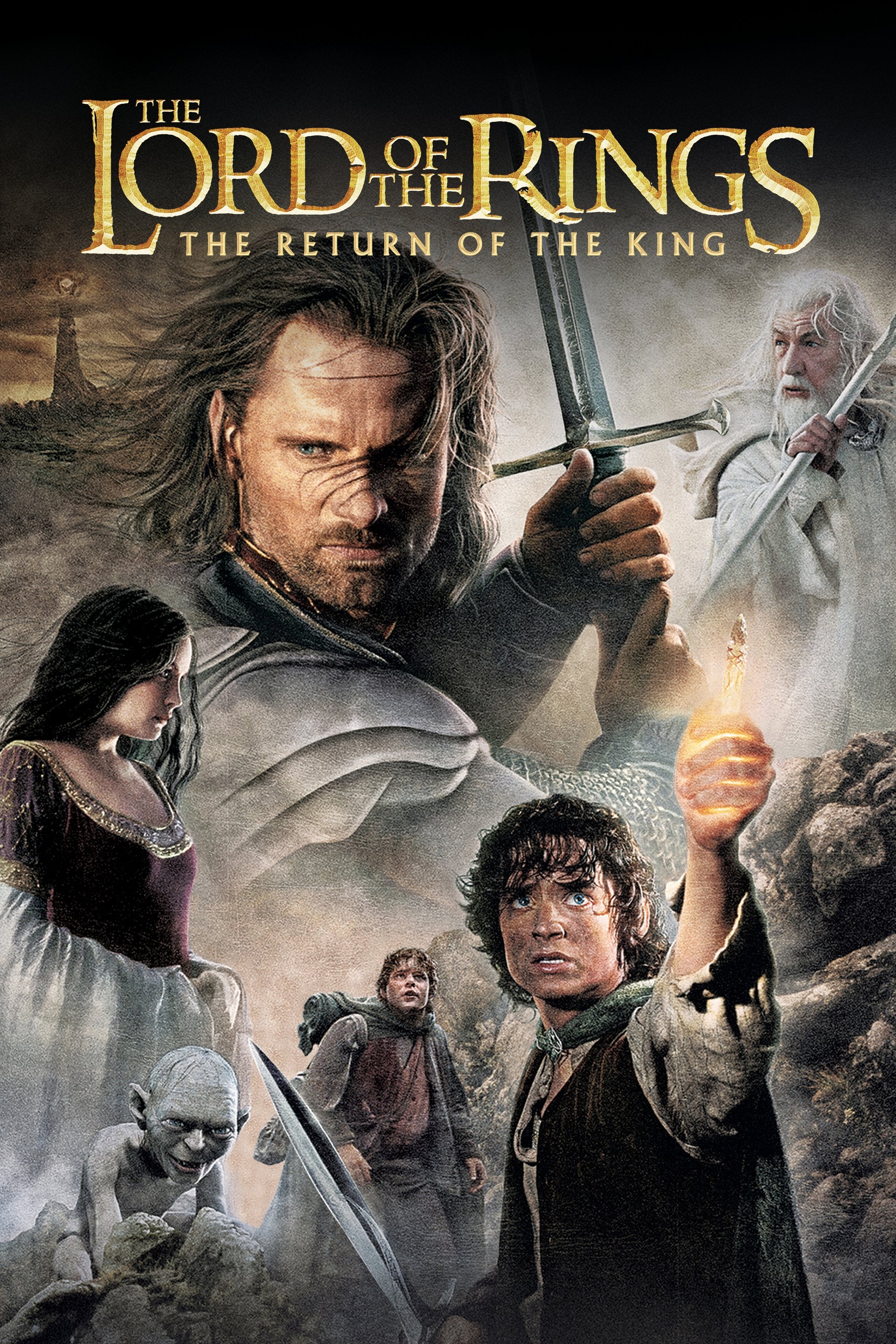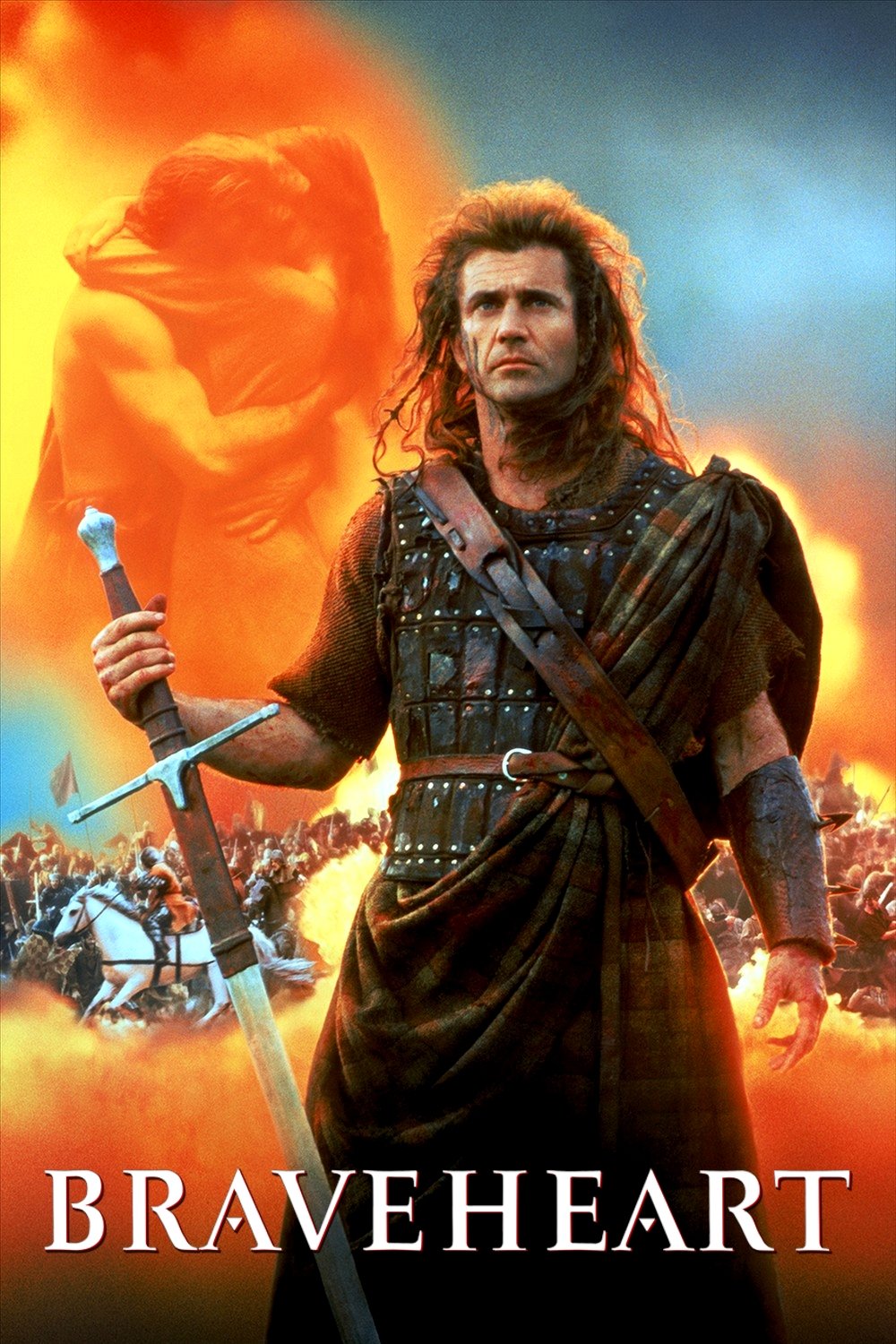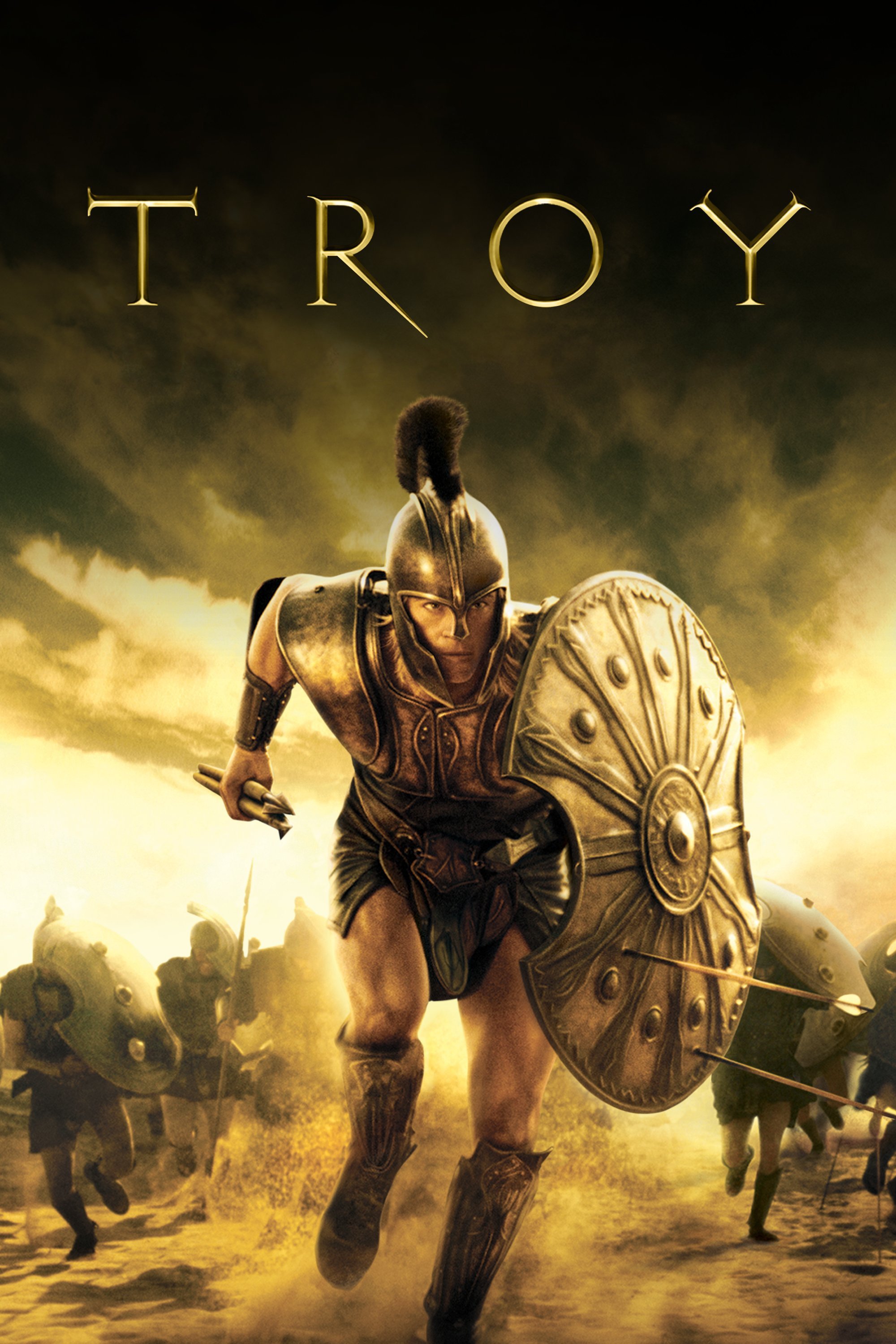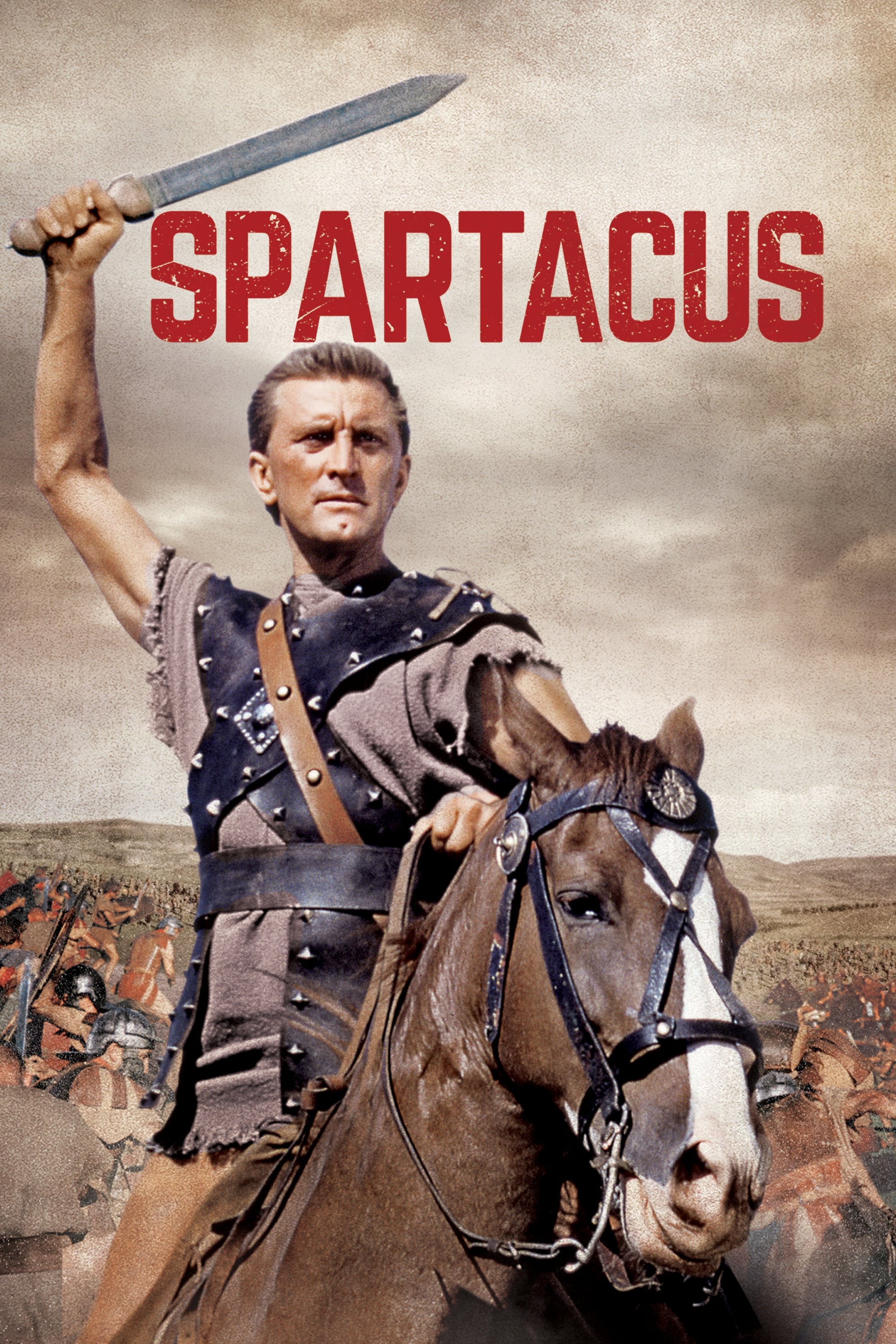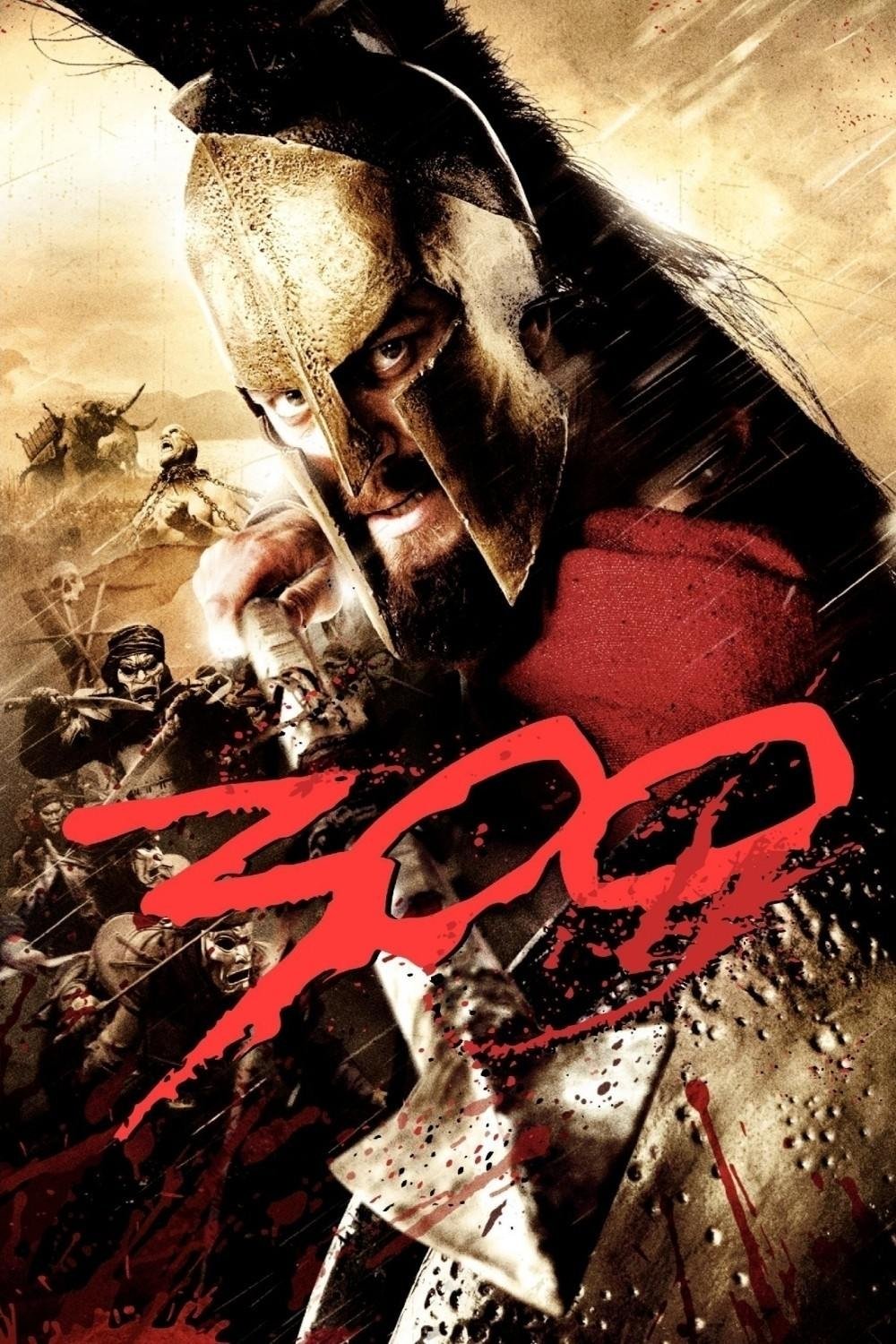
Gladiator
A Hero Will Rise.
A Hero Will Rise.
Action, Adventure, Drama
-
2000
Add to Watchlist
Add to Seenlist
Add to Blacklist
Add to or remove from a custom list
In the year 180, the death of emperor Marcus Aurelius throws the Roman Empire into chaos. Maximus is one of the Roman army's most capable and trusted generals and a key advisor to the emperor. As Marcus' devious son Commodus ascends to the throne, Maximus is set to be executed. He escapes, but is captured by slave traders. Renamed Spaniard and forced to become a gladiator, Maximus must battle to the death with other men for the amusement of paying audiences.
Director:
Cast:
Similar
Same Director
Details
Rated:
R
Runtime:
155 min
Release date:
1 May 2000
Country:
GB, US
Languages:
English
Budget:
$103,000,000
Revenue:
$465,361,176
Awards:
Won 5 Oscars. 59 wins & 106 nominations total
Top Critics Reviews
rotten:
Gladiator is filled with brilliant filmmaking and features outstanding performances, but it's neither profound enough nor pop enough to be great -- it's mournful, serious, beautiful and, finally, pointless.
– Manohla Dargis,
L.A. Weekly,
8 Jan 2014
rotten:
Ridley Scott thrusts us so close to the combat that all we see is a lot of whirling and thrashing, a sword thrust here and there, a spurt of blood, a limb severed. There's hardly a scene that is cleanly and coherently staged in open space.
– David Denby,
New Yorker,
8 Jan 2014
fresh:
If there's a soft spot in your heart for the sword-&-sandal epic, then you'll swoon with giddy delight over Gladiator.
– Jami Bernard,
New York Daily News,
8 Jan 2014
fresh:
Crowe doesn't use tricks in this role to court our approval. He earns it the old-fashioned way, by daring to be quiet, if not silent, and intensely, implacably strong.
– Joe Morgenstern,
Wall Street Journal,
8 Jan 2014
fresh:
The fusion of the ancient and the modern -- even to the point of some sly echoes of our own sports-mad society -- is seamless. Gladiator does indeed deliver the glory that was Rome, but it also clinically dissects the assumptions on which it was built.
– Desmond Ryan,
Philadelphia Inquirer,
24 Feb 2013

